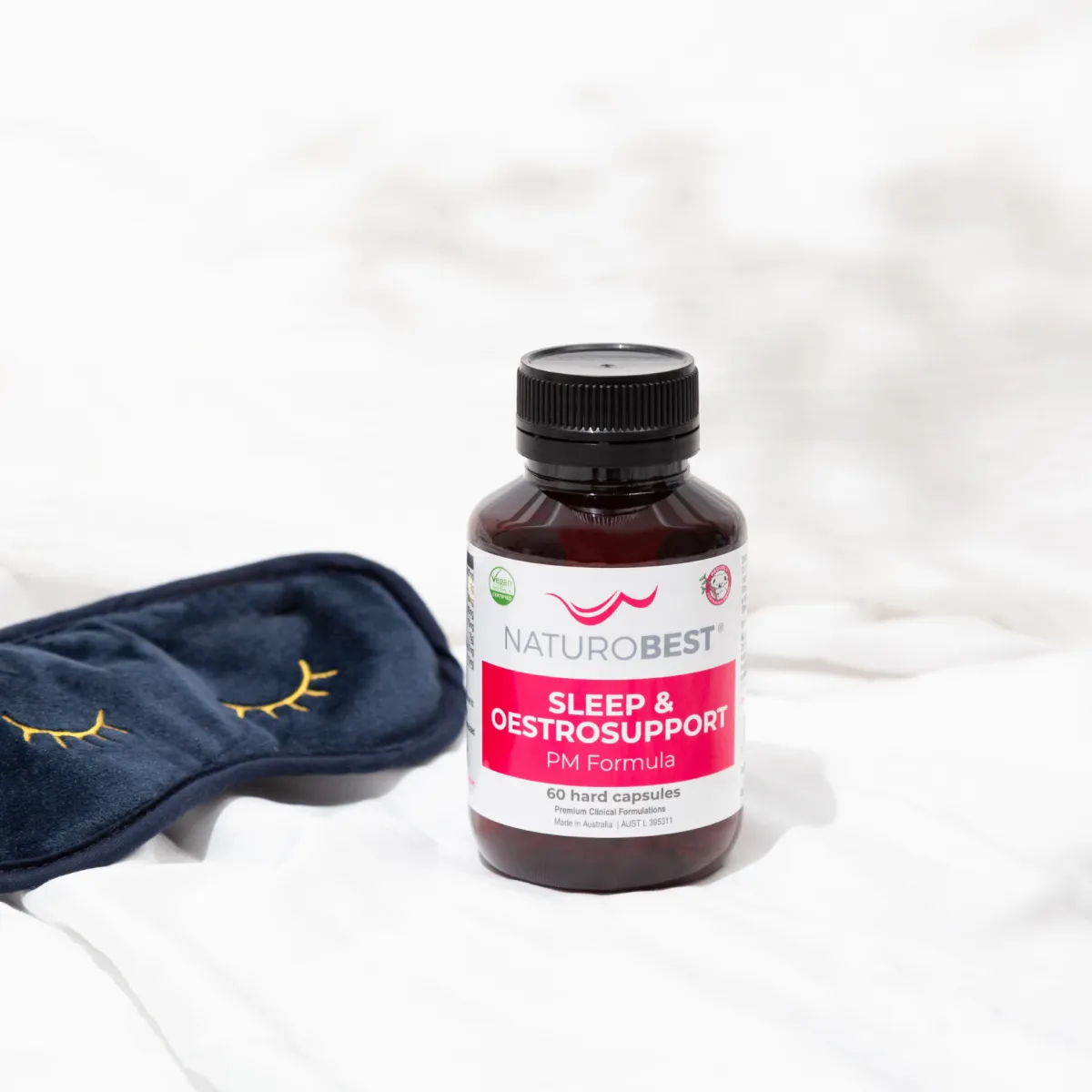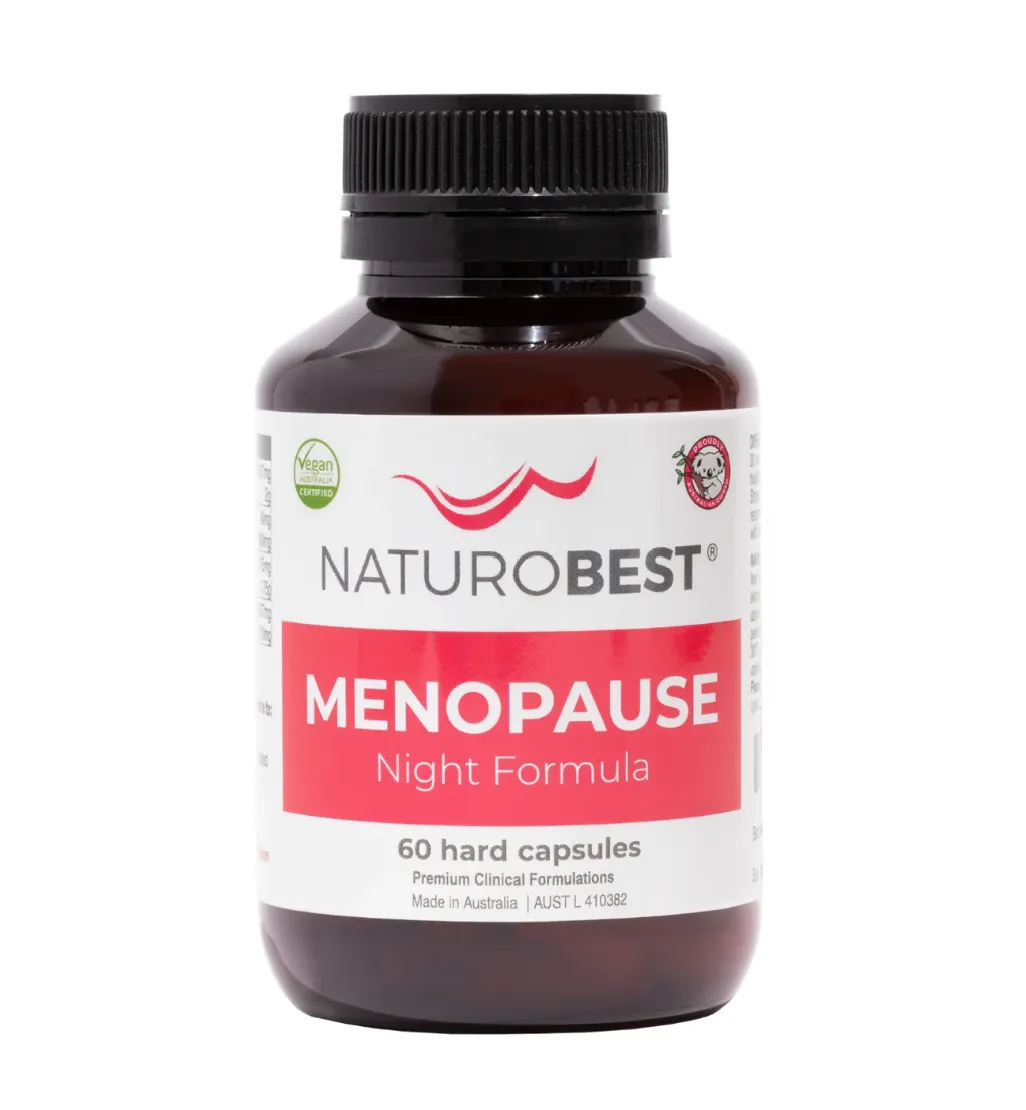Perimenopause Guide
Helpful advice, insight and empowerment
for your perimenopause experience.
How do you know if what you're feeling is perimenopause?

Weight in Perimenopause
Unveiling the Weight Gain Mystery in Perimenopause
Introduction:
Perimenopause, the transitional phase leading up to menopause, can bring about various changes in a woman's body. One common concern that many women experience during this period is weight gain. It can be frustrating and puzzling to notice those extra pounds accumulating despite maintaining a similar lifestyle. In this blog post, we will delve into the factors contributing to weight gain in perimenopause, empowering women with a better understanding of this phenomenon.
Hormonal Changes and Metabolism:
Hormonal fluctuations play a significant role in perimenopause, and these changes can impact metabolism, potentially leading to weight gain. Estrogen, a key hormone responsible for regulating metabolism, declines during perimenopause. This hormonal shift can affect how the body stores and utilizes fat, making weight management more challenging.
Reduced estrogen levels can also impact insulin sensitivity, which affects how the body processes sugar. Insulin resistance may lead to increased fat storage, particularly around the abdomen. Additionally, hormonal changes can influence appetite regulation, potentially causing an increase in cravings and hunger.
Muscle Mass and Body Composition:
Another factor contributing to weight gain in perimenopause is the natural loss of muscle mass that occurs with age. As women age, their muscle mass tends to decrease, and since muscle burns more calories than fat, a decline in muscle mass can slow down the metabolism. Consequently, fewer calories are burned at rest, making it easier to gain weight.
Furthermore, as estrogen levels decline, there can be a redistribution of fat in the body, with more fat accumulating around the abdomen rather than in other areas. This shift can contribute to an increase in waist circumference and a higher risk of developing visceral fat, which is associated with various health concerns.
Lifestyle Factors:
While hormonal changes play a significant role, lifestyle factors also contribute to weight gain during perimenopause. As women age, they may experience a decrease in physical activity levels due to various reasons such as busy schedules, family commitments, or hormonal symptoms like fatigue. Reduced physical activity can lead to a slower metabolism and fewer calories burned, contributing to weight gain.
Moreover, the combination of hormonal changes and increased stress levels during perimenopause can lead to emotional eating or an increased tendency to indulge in calorie-dense foods. These dietary choices, coupled with a slower metabolism, can contribute to weight gain.
Managing Weight in Perimenopause:
While weight gain in perimenopause can be challenging, there are strategies that can help manage it effectively:
Prioritise a Balanced Diet: Focus on consuming a variety of nutrient-dense foods, including fruits, vegetables, whole grains, lean proteins, and healthy fats. Limit processed foods, sugary snacks, and refined carbohydrates.
Regular Exercise: Engage in regular physical activity, including cardiovascular exercises and strength training. Exercise not only helps burn calories but also preserves muscle mass and boosts metabolism.
Stress Management: Implement stress reduction techniques such as meditation, yoga, deep breathing exercises, or engaging in hobbies to minimise emotional eating.
Adequate Sleep: Prioritise quality sleep to support hormonal balance and overall well-being. Lack of sleep can disrupt appetite-regulating hormones, leading to increased cravings and weight gain.
Seek Professional Guidance: Consult with a professional coach who specialises in perimenopause to develop a personalised plan tailored to your needs.
Conclusion:
Weight gain during perimenopause is a multifaceted issue influenced by hormonal changes, metabolism, muscle mass, and lifestyle factors. By understanding the underlying causes and implementing healthy habits, women can manage their weight effectively during this transitional phase. Embracing a balanced diet, regular exercise, stress reduction techniques, and seeking professional guidance can contribute to a healthier weight and overall well-being.

Weight in Perimenopause
Unveiling the Weight Gain Mystery in Perimenopause
Introduction:
Perimenopause, the transitional phase leading up to menopause, can bring about various changes in a woman's body. One common concern that many women experience during this period is weight gain. It can be frustrating and puzzling to notice those extra pounds accumulating despite maintaining a similar lifestyle. In this blog post, we will delve into the factors contributing to weight gain in perimenopause, empowering women with a better understanding of this phenomenon.
Hormonal Changes and Metabolism:
Hormonal fluctuations play a significant role in perimenopause, and these changes can impact metabolism, potentially leading to weight gain. Estrogen, a key hormone responsible for regulating metabolism, declines during perimenopause. This hormonal shift can affect how the body stores and utilizes fat, making weight management more challenging.
Reduced estrogen levels can also impact insulin sensitivity, which affects how the body processes sugar. Insulin resistance may lead to increased fat storage, particularly around the abdomen. Additionally, hormonal changes can influence appetite regulation, potentially causing an increase in cravings and hunger.
Muscle Mass and Body Composition:
Another factor contributing to weight gain in perimenopause is the natural loss of muscle mass that occurs with age. As women age, their muscle mass tends to decrease, and since muscle burns more calories than fat, a decline in muscle mass can slow down the metabolism. Consequently, fewer calories are burned at rest, making it easier to gain weight.
Furthermore, as estrogen levels decline, there can be a redistribution of fat in the body, with more fat accumulating around the abdomen rather than in other areas. This shift can contribute to an increase in waist circumference and a higher risk of developing visceral fat, which is associated with various health concerns.
Lifestyle Factors:
While hormonal changes play a significant role, lifestyle factors also contribute to weight gain during perimenopause. As women age, they may experience a decrease in physical activity levels due to various reasons such as busy schedules, family commitments, or hormonal symptoms like fatigue. Reduced physical activity can lead to a slower metabolism and fewer calories burned, contributing to weight gain.
Moreover, the combination of hormonal changes and increased stress levels during perimenopause can lead to emotional eating or an increased tendency to indulge in calorie-dense foods. These dietary choices, coupled with a slower metabolism, can contribute to weight gain.
Managing Weight in Perimenopause:
While weight gain in perimenopause can be challenging, there are strategies that can help manage it effectively:
Prioritise a Balanced Diet: Focus on consuming a variety of nutrient-dense foods, including fruits, vegetables, whole grains, lean proteins, and healthy fats. Limit processed foods, sugary snacks, and refined carbohydrates.
Regular Exercise: Engage in regular physical activity, including cardiovascular exercises and strength training. Exercise not only helps burn calories but also preserves muscle mass and boosts metabolism.
Stress Management: Implement stress reduction techniques such as meditation, yoga, deep breathing exercises, or engaging in hobbies to minimise emotional eating.
Adequate Sleep: Prioritise quality sleep to support hormonal balance and overall well-being. Lack of sleep can disrupt appetite-regulating hormones, leading to increased cravings and weight gain.
Seek Professional Guidance: Consult with a professional coach who specialises in perimenopause to develop a personalised plan tailored to your needs.
Conclusion:
Weight gain during perimenopause is a multifaceted issue influenced by hormonal changes, metabolism, muscle mass, and lifestyle factors. By understanding the underlying causes and implementing healthy habits, women can manage their weight effectively during this transitional phase. Embracing a balanced diet, regular exercise, stress reduction techniques, and seeking professional guidance can contribute to a healthier weight and overall well-being.
Looking for some natural supplements to help?
Navigating all of the supplements on offer can be confusing. Here is some info our nutritionist shared about what might be helpful.
To help with balancing your nervous system for your mood, energy, sleep and hot flushes/night sweats try increasing progesterone naturally with:
B Vitamins
Black Cohosh
Lemon Balm
Magnesium- with Glycine
Vitamin D
Omega 3s
Ashwaganda
Based on these recommendations, below are some products that might be helpful for you to look into. Remember to always consult with your health care professional about your specific circumstances and symptoms first. Within our Thrive During Perimenopause programs we hold Q&A sessions where you can ask about symptoms and supplements to get the best recommendations for you.
Enter the discount code: AF-CHELSEAWEIR to get your discount on NATUROBEST products
Thriving During Perimenopause
To experience all that our team has to offer enquire now about our holistic
'Thrive During Perimenopause' programs.
Our Approach
A balance in strength and mobility exercise.
A focus on mindset and shifting priorities.
Realistic self-care routines for your busy schedule.
Address your specific concerns and symptoms.
Empowerment through knowledge and understanding of perimenopause changes.
Nourishing and moving your body out of love not guilt.
Prioritising stress management for balanced hormones.
Accountability, coaching and community connection.

© 2023 | Privacy Policy
Sunshine Coast, QLD, Australia
0432 362 818
support@thriveyogaandfitness.com
ABN: 50 458 891 585






